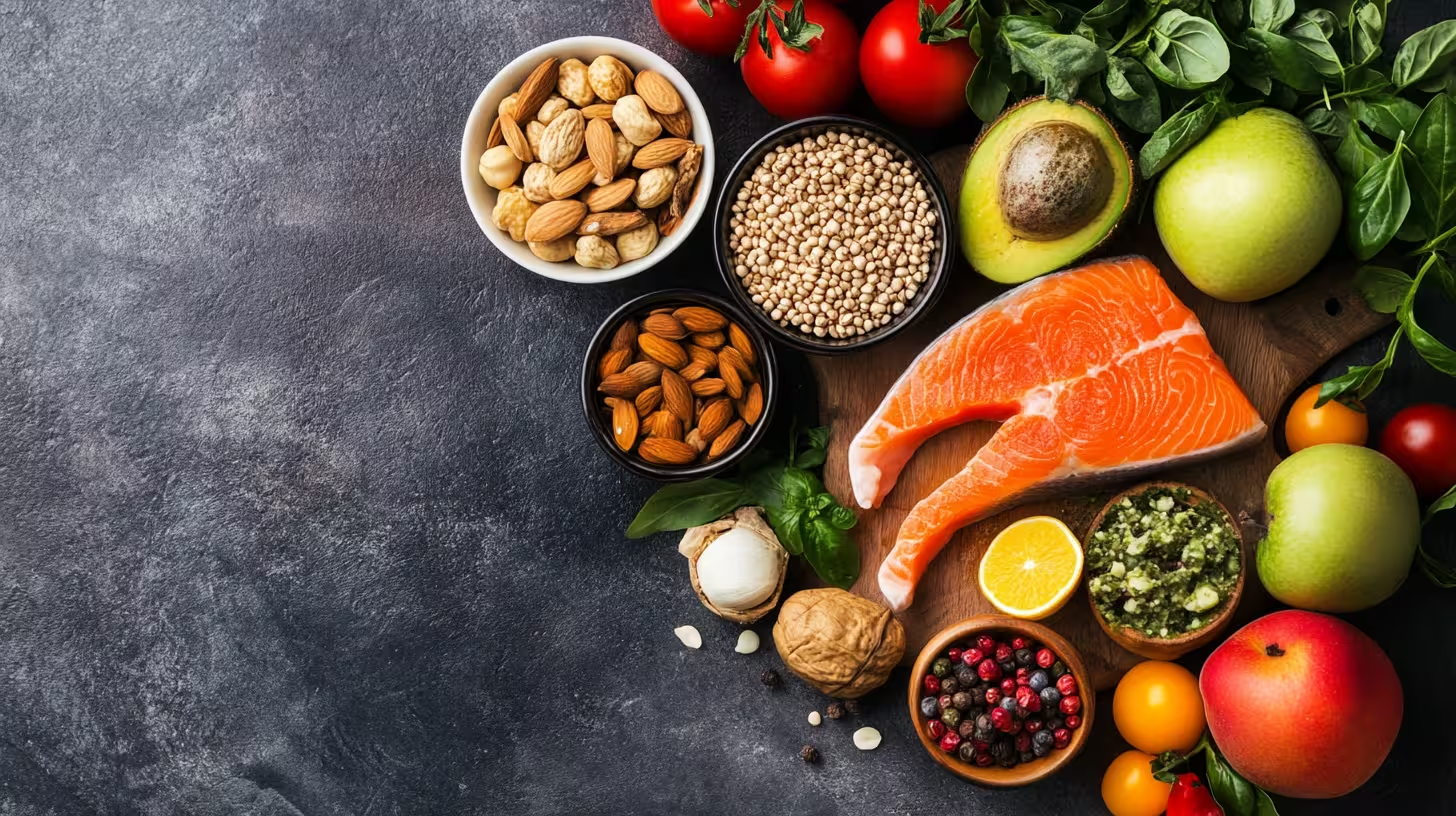As the body ages, nutritional needs evolve. Metabolism slows, digestion changes, and nutrient absorption may become less efficient. The right dietary choices can help maintain energy, support immune function, protect bone and muscle strength, and reduce the risk of chronic diseases. The Senior Nutrition Guide offers a comprehensive look at how older adults can optimize their diets for long-term health, independence, and well-being.
Special Considerations for Senior Nutrition
Older adults face unique challenges when it comes to nutrition. Some of the key factors influencing dietary needs include:
- Nutrient Absorption Changes – The body may not absorb certain vitamins and minerals as efficiently as it once did, increasing the need for nutrient-dense foods.
- Medication Interactions – Some medications can interfere with appetite, digestion, or nutrient absorption, requiring dietary adjustments.
- Bone and Muscle Health – The natural decline in bone density and muscle mass makes protein, calcium, and vitamin D particularly important.
- Digestive Health – The digestive system may slow, increasing the likelihood of constipation, bloating, or discomfort. Fiber and hydration become key dietary factors.
- Heart and Blood Sugar Management – Seniors are more susceptible to conditions such as high blood pressure, high cholesterol, and diabetes, which can be managed in part through balanced nutrition.
- Changes in Appetite and Taste – Aging can lead to decreased appetite or changes in taste perception, making it necessary to find appealing, nutrient-rich foods.
- Hydration Needs – Older adults may not feel as thirsty as they once did, but the risk of dehydration remains high, affecting energy levels, digestion, and cognitive function.
Building a Balanced Diet for Seniors
A well-rounded diet includes a variety of foods that provide essential vitamins, minerals, and macronutrients. Prioritizing nutrient-dense options over processed foods can make a significant difference in overall health.
Protein for Strength and Recovery
Protein is vital for maintaining muscle mass and supporting immune function. Lean meats, fish, eggs, dairy, beans, lentils, and tofu are excellent sources. Incorporating protein throughout the day can help sustain energy levels and promote muscle retention.
Fiber for Digestion and Heart Health
Fiber plays a crucial role in preventing constipation, managing cholesterol, and stabilizing blood sugar. Whole grains, legumes, fruits, and vegetables provide both soluble and insoluble fiber, supporting digestive health and cardiovascular function.
Healthy Fats for Brain and Heart Function
Unsaturated fats, including those from nuts, seeds, avocados, and olive oil, contribute to brain health and reduce inflammation. Omega-3 fatty acids, found in fatty fish and flaxseeds, support cognitive function and heart health.
Vitamins and Minerals for Aging Bodies
- Calcium and Vitamin D – These nutrients help maintain bone density and reduce the risk of fractures. Dairy products, fortified plant-based alternatives, leafy greens, and fortified cereals can help meet daily needs.
- Vitamin B12 – Found in meat, eggs, dairy, and fortified cereals, B12 supports energy production and cognitive function. Some older adults may need supplements due to decreased absorption.
- Potassium – Crucial for blood pressure regulation, potassium is found in bananas, potatoes, beans, yogurt, and leafy greens.
- Magnesium – Supports nerve and muscle function, found in nuts, seeds, whole grains, and dark leafy greens.
Hydration and Fluid Balance
Dehydration can lead to confusion, fatigue, and digestive issues. Older adults should aim to drink water consistently throughout the day, even when not feeling thirsty. Herbal teas, broths, and water-rich foods like cucumbers, oranges, and melons can contribute to hydration. Limiting caffeinated and sugary beverages can help maintain fluid balance without unwanted side effects.
Smart Eating Habits for Seniors
Adopting mindful eating practices can help maintain consistent energy levels, support digestion, and improve overall well-being.
- Eating Smaller, Balanced Meals – Large meals can feel overwhelming or cause digestive discomfort. Spacing out smaller, nutrient-dense meals throughout the day can provide steady energy.
- Reducing Added Sugars and Processed Foods – Processed foods often contain excessive sodium, unhealthy fats, and added sugars, which can contribute to inflammation and chronic disease. Whole, unprocessed foods offer more nutritional benefits.
- Seasoning with Herbs and Spices – Loss of taste sensitivity is common with aging, but instead of adding excess salt, using fresh herbs, garlic, lemon, and spices can enhance flavors naturally.
- Making Mealtimes Enjoyable – Eating with friends or family, experimenting with new recipes, and focusing on colorful, appealing foods can help maintain interest in meals.
Adapting Nutrition to Individual Needs
Every senior has unique dietary needs based on personal health conditions, medications, and lifestyle factors. Some may need to modify their diets for better blood sugar control, lower sodium intake, or increased protein consumption. Finding a sustainable approach that prioritizes both health and enjoyment is key to maintaining good nutrition for years to come.
By focusing on balanced, nutrient-rich meals and staying mindful of hydration and digestion, seniors can continue to feel strong, energetic, and independent as they age. Making small but meaningful changes in food choices can have a profound impact on overall well-being and longevity.



